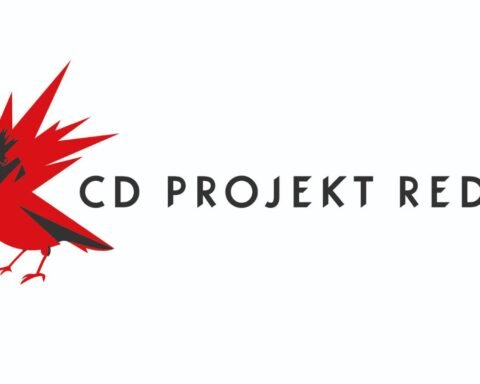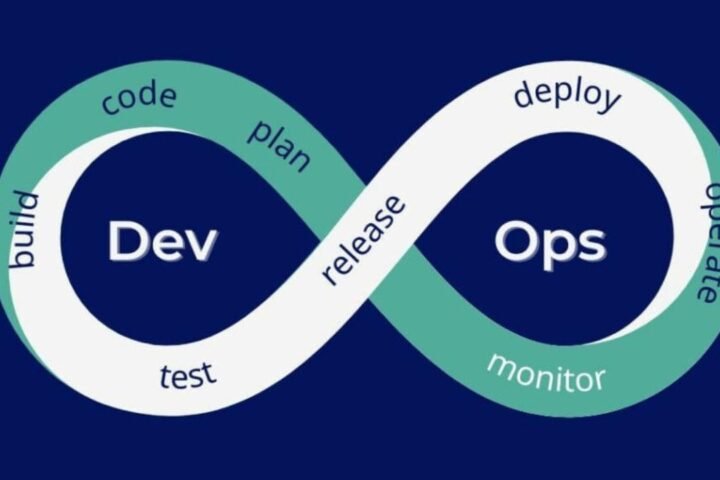AI therapy has been under fire for years. Headlines warn that chatbots can mislead vulnerable users, give generic or unsafe advice, or pretend to understand emotions they cannot actually process. Critics argue that most AI wellness tools feel hollow, scripted, and disconnected from real human experience. And the truth is simple: a lot of that criticism is deserved.
The first wave of AI mental health platforms relied on templates and surface-level empathy. They talked like support bots, repeated canned lines, and failed to notice the deeper emotional signals behind a user’s words. Many focused on looking therapeutic rather than being genuinely helpful. The outcome was predictable: widespread distrust, skepticism, and heavy negative press.
InnerVault was built to directly address these failures.
Why AI Therapy Developed a Bad Reputation
AI mental health tools earned a negative reputation because most lacked depth, accuracy, and emotional intelligence. The earliest systems relied on basic pattern matching, which meant they often produced responses that sounded correct but arrived at the wrong emotional moment. Users could feel the misalignment immediately.
Another problem was the generic nature of the guidance. Many chatbots repeated scripted lines that felt impersonal and disconnected. The moment a user sensed the conversation was automated, trust collapsed. These tools sounded more like customer service bots than emotional support systems.
A third major issue was the lack of emotional memory. Conversations reset constantly. Users had to repeat their struggles, their context, and their stories every time they opened the app. Without continuity, there was no sense of emotional safety or real connection.
The final and most damaging concern was the way some platforms positioned themselves as therapy replacements. By blurring the line between emotional support and clinical treatment, they created confusion, unrealistic expectations, and serious safety concerns. This is the origin of much of the negative press surrounding AI in mental health.
InnerVault takes the opposite approach. It does not claim to replace therapists, diagnose conditions, or offer clinical care. Instead, it provides an honest and grounded space for clarity, reflection, emotional grounding, and daily mental stability.
How InnerVault Is Redefining AI Emotional Support
InnerVault is not trying to simulate a therapist. It is not trying to diagnose or treat. Instead, it is designed to understand your inner world, read your emotional cues, and help you process life with clarity and calm.
Real emotional awareness
InnerVault uses Conscious Architecture to interpret emotional signals, mood shifts, and internal patterns. This allows it to respond with grounded timing and tone instead of scripted empathy.
Memory that builds trust
It remembers what you share. It keeps emotional threads alive. It notices changes and patterns over time. This stability eliminates the frustration of starting over in every conversation.
Support without clinical claims
InnerVault gives users a safe space to think, reflect, vent, regulate, and understand themselves. It is a daily emotional companion, not a medical tool.
Specialized Vault Leaders
Instead of one generic chatbot personality, InnerVault offers multiple AI guides designed for grounding, relationships, clarity, motivation, reframing, and emotional regulation. This makes conversations feel more personal and human.
How InnerVault Plans to Change the Future of AI Wellness
The future of AI emotional support cannot be built on the mistakes of the past. It requires honesty, emotional precision, and systems that do not pretend to be something they are not. Users do not need a fake therapist. They need an emotionally intelligent space where they can process their thoughts safely and clearly.
InnerVault is that reset button.
It gives users a place to process life at any hour. It helps them regulate their emotions when things feel overwhelming. It offers grounding and clarity without crossing clinical boundaries. And most importantly, it rebuilds the trust that early AI mental health tools lost.
AI therapy failed because it tried to become something it was never designed to be.
InnerVault succeeds because it focuses on what AI can actually do best: provide emotional awareness, clarity, reflection, and steady psychological support.
For those interested in seeing how this approach works in real conversations, InnerVault is accessible at InnerVault.ai.
























